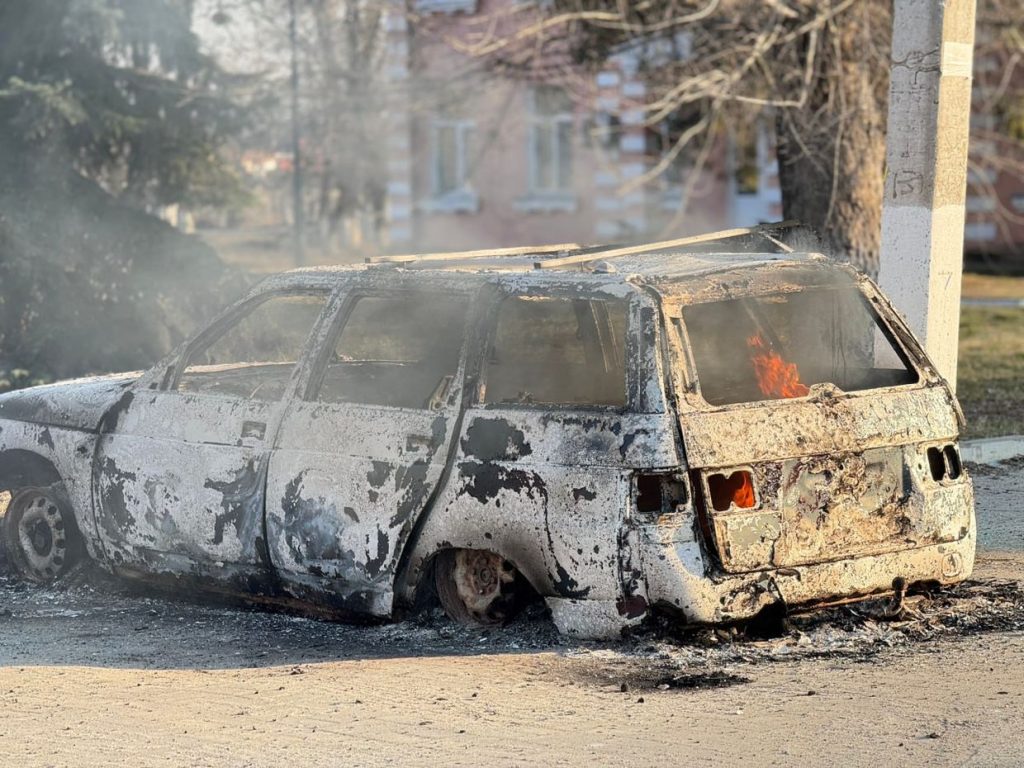on Russian oil refineries in a series of targeted strikes. These drones are equipped with precision-guided munitions and have been able to evade Russian air defenses, causing significant damage to the refineries. This tactic is part of a larger Ukrainian strategy to disrupt Russia’s oil supply chain and weaken their ability to sustain their military operations in Ukraine.
The use of drones in this conflict highlights the evolving nature of modern warfare, where unmanned aerial vehicles can effectively target enemy infrastructure with minimal risk to Ukrainian personnel. By targeting Russian oil refineries, Ukraine is aiming to cripple Russia’s ability to fuel its military operations and maintain the logistical support needed for a prolonged conflict. This approach demonstrates Ukraine’s creativity and resourcefulness in countering the Russian military threat.
The success of these drone attacks has caught the attention of military analysts and experts, who see this as a potential game-changer in the conflict. The ability of Ukrainian forces to effectively use drones to target critical infrastructure deep inside Russia shows their growing capabilities in asymmetric warfare. It also underscores the importance of technological advancements in modern warfare and the need for adaptive strategies to counter conventional military threats.
Russia, on the other hand, has been scrambling to defend its oil refineries and infrastructure from these drone attacks. The Russian military has deployed air defenses and anti-drone systems to try and intercept the Ukrainian drones before they can strike their targets. However, the effectiveness of these defense measures remains unclear, as Ukrainian drones continue to penetrate Russian airspace and inflict damage on key facilities.
As the conflict between Ukraine and Russia continues to escalate, the use of drones is likely to play an increasingly important role in the outcome of the war. The ability of Ukrainian forces to disrupt Russian supply lines and strategic assets through precision drone strikes poses a significant challenge to Moscow’s military strategy. It also raises questions about the effectiveness of traditional defense mechanisms in countering modern threats such as unmanned aerial vehicles.
Overall, the Ukrainian drone attacks on Russian oil refineries represent a new chapter in the ongoing conflict between the two countries. With the ability to strike deep into Russian territory and inflict significant damage on critical infrastructure, Ukraine has demonstrated its capacity to adapt to the evolving nature of warfare and challenge the conventional military superiority of its adversary. The use of drones in this context underscores the importance of innovation and creativity in conflict resolution and highlights the need for strategic thinking in response to emerging threats in the modern world.


